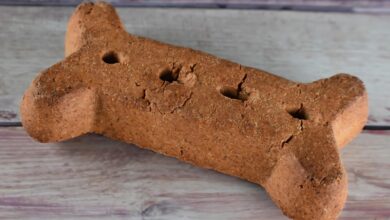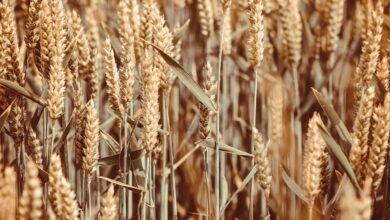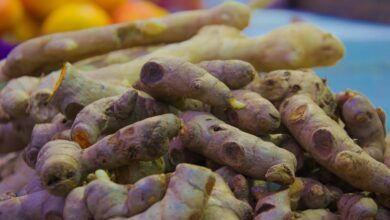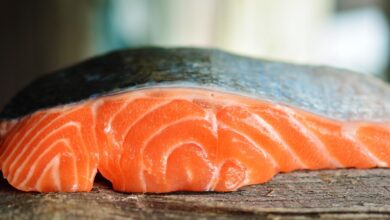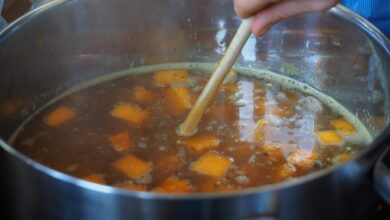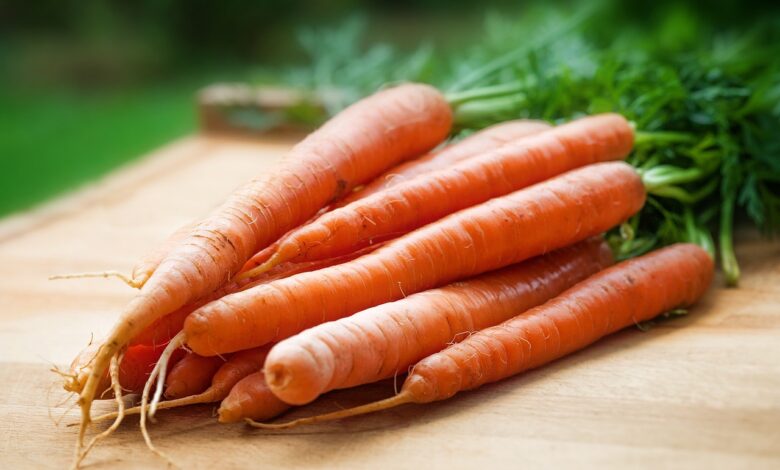
BY STAFF WRITER
Vegetables can be a valuable addition to a dog’s diet, offering essential vitamins, minerals, fibre, and antioxidants. While dogs are omnivores, meaning they can digest both animal and plant-based foods, adding the right vegetables can support overall health and well-being.
The Health Benefits of Vegetables for Labradors & Retrievers
Supports Digestive Health
Vegetables are high in fibre, which aids digestion, promotes gut health, and prevents constipation.
Fiber-rich vegetables like pumpkin, carrots, and leafy greens can regulate bowel movements.
Helps with Weight Management
Many vegetables are low in calories but high in nutrients, making them great for Labs and Retrievers prone to weight gain.
Replacing a portion of kibble with steamed green beans or carrots can help with weight control.
Boosts Immune System
Antioxidants in vegetables like blueberries, spinach, and bell peppers help strengthen immunity.
Vitamins A, C, and E support healthy cells and prevent oxidative stress.
Supports Joint & Bone Health
Vegetables like broccoli and kale contain calcium, magnesium, and vitamin K, which support strong bones.
Sweet potatoes and squash have anti-inflammatory properties that help with joint pain in aging Labradors.
Improves Skin & Coat Health
Omega-3-rich veggies like seaweed and flaxseed promote a shiny coat.
Vitamin A from carrots and pumpkin helps reduce skin dryness.
Aids in Detoxification
Leafy greens like spinach, kale, and parsley help remove toxins from the body.
Cucumber and celery have hydrating and cleansing effects.
Best Vegetables for Labradors & Retrievers
- Carrots – Great for eye health, digestion, and dental care.
- Spinach & Kale – Packed with iron, fibre, and antioxidants.
- Pumpkin – Helps with digestion, diarrhoea, and weight control.
- Broccoli – Contains vitamins C and K, but feed in moderation.
- Bell Peppers – High in antioxidants and vitamin C.
- Sweet Potatoes – Great for energy, joint support, and digestion.
- Cucumber – Hydrating and low-calorie snack.
- Green Beans – Low in calories, high in fibre and vitamin K.
- Zucchini – Supports heart health and digestion.
How to Safely Feed Vegetables to Dogs
- Cook or Steam Hard Vegetables: Some veggies like broccoli and sweet potatoes are easier to digest when cooked.
- Chop or Purée: This helps dogs absorb more nutrients.
- Avoid Onions & Garlic: These are toxic to dogs.
- Feed in Moderation: Vegetables should make up 10-15% of a dog’s diet and should not replace protein.


